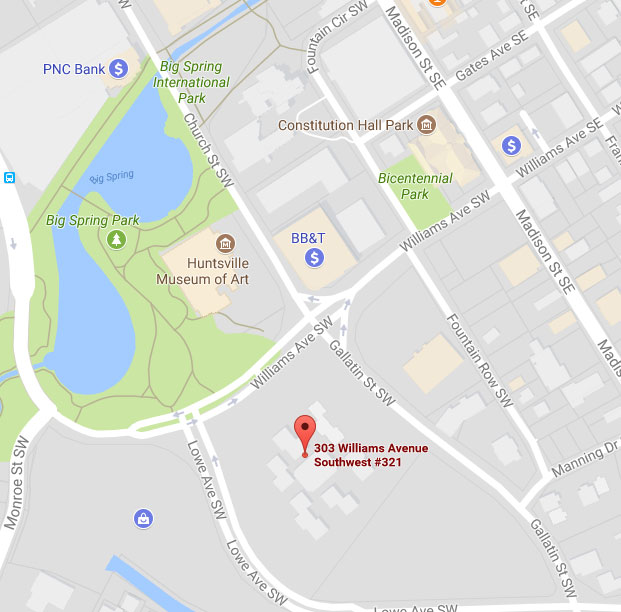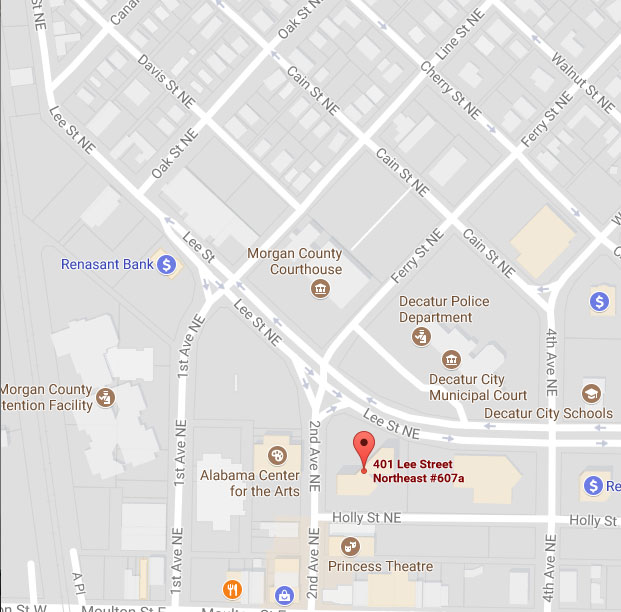Ferguson & Ferguson
Attorneys at Law
January 31st, 2023
How to Determine if You Should File a Chapter 7 or Chapter 13 Bankruptcy in Alabama?
The hardest decision you have to make when filing bankruptcy is determining if you should file a Chapter 7 or a Chapter 13. When you have decided to file bankruptcy, an experienced and competent Alabama bankruptcy lawyer can help you determine which bankruptcy makes sense for you and your family. Here are the things you should consider if you are trying to determine whether to file a Chapter 7 or Chapter 13 bankruptcy in Decatur or Huntsville, Alabama.
When you sit down with one of our bankruptcy attorneys, our goal during your free consultation is to make sure you understand all of your choices clearly so they can make a good decision. You may understand that a Chapter 7 can give you a fresh start, but do you really know if it is your best option in your case. That is why we are here, and want to make sure you make the right decision for you and your family.
What Determines Whether You Should File Chapter 7 or 13?
At your first consultation we meet with you and take an inventory of your assets and debts. We also review you and your spouses income, if you are married. Once we have reviewed your financial information, we will talk about the pros and cons of a chapter 7 and chapter 13 bankruptcy in your situation.
1) ABILITY TO PAY:
There are two types of debtors. There are debtors who have no ability to repay the debts at all. Those debtors have no money left after they pay their reasonable and necessary bills. Once they pay those bills they have nothing left to pay creditors. These debtors usually have to file a Chapter 7 bankruptcy, and they will get what they call a fresh start. The second group of debtors are capable of paying their creditors some amount of money. These debtors must file a Chapter 13 bankruptcy and make payments to the bankruptcy trustee usually over a five year period. Whether you have the ability to pay some of your debts is determined by your income and budget.
2) NON-EXEMPT ASSETS:
If you file bankruptcy you must disclose all of your assets. Some of your assets will be exempt from creditors and the bankruptcy. Debts that can’t be gotten by the creditors or trustee are exempt. Assets that they can get are called non-exempt. Many people file a Chapter 13 if it appears they will lose assets if they file a Chapter 7 bankruptcy. Filing a chapter 13 bankruptcy makes some sense if you would prefer not to lose “non-exempt” assets.
3) MORTGAGE ARREARS AND VEHICLE LOANS:
Chapter 13 bankruptcy is a must if you want to keep your home and you are behind the loan payments or you are behind on your car payment. Chapter 13 bankruptcy plans can cure your mortgage arrears while you make timely payments going forward with your mortgage company.
Conclusion
When you schedule a free consultation with one of our Decatur or Huntsville bankruptcy attorneys, we will review your financial condition and explain to you different options you may have in your case. Remember every case is different, and what is best for one person may not be right for you. We will explain the pro’s and con’s to filing a chapter 7 and chapter 13 bankruptcy, so that you can make an informed decision on what is best for you.


